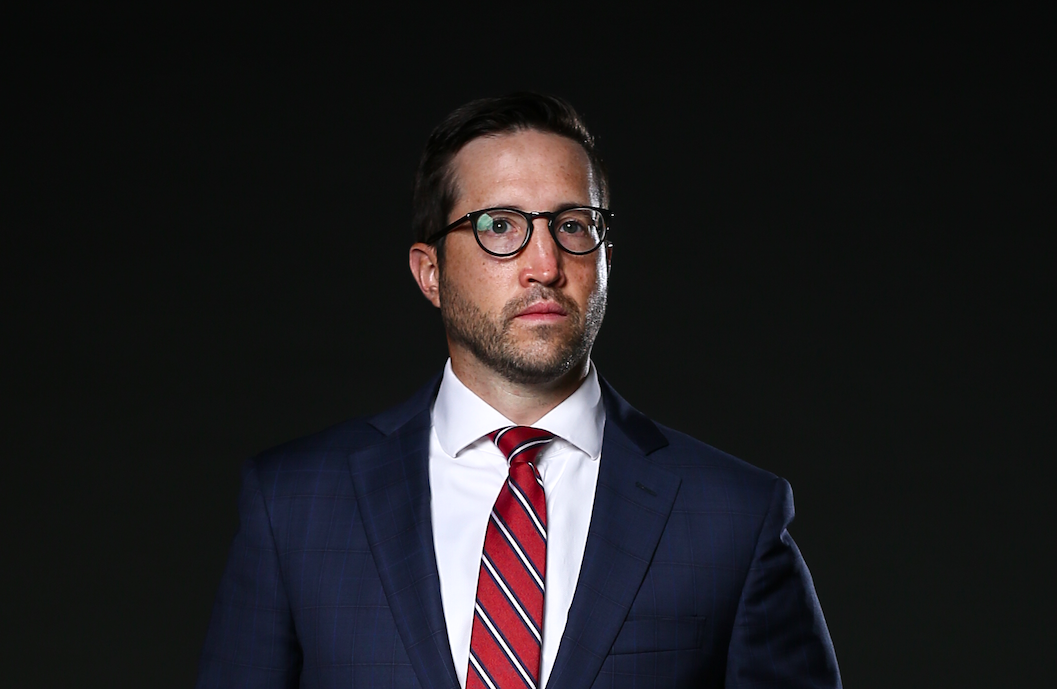Minnesota Lawyer and Finance & Commerce – Partner Content
Author: Peter J. McElligott
Do you know what never goes out of style? Lying, Cheating, and Stealing. A few decades ago, one of the founders of Anthony Ostlund Louwagie Dressen & Boylan P.A., Joe Anthony, launched the Lying, Cheating, & Stealing Seminar to bring together top legal minds in Minnesota to share innovative approaches and strategies for handling lawsuits involving liars, cheaters, and stealers. Fast-forward to the present day—liars, cheaters, and stealers are still stirring up thorny business disputes. On October 6, 2022, our firm, in collaboration with colleagues from other leading litigation firms in the community, re-launched the one-day in-person seminar.
Back in 1981, Minnesota enacted Chapter 302A, the Minnesota Business Corporation Act. Chapter 302A was designed in large part to provide flexibility to closely held businesses that differ greatly from publicly held companies. One of the most important aspects of Chapter 302A is the flexibility that the statute gives to courts to grant equitable relief to minority shareholders. In the decades since its enactment, courts have been repeatedly called upon to use Chapter 302A to right the wrongs of liars, cheaters, and stealers.
While human nature has not changed, this year’s seminar made clear that the lying, cheating, and stealing has become more complex. In his session entitled “Stealing the Business: Minority Shareholder Squeeze-Outs,” Rich Ostlund described lying, cheating, and stealing cases as a three-level chess board with a confluence of fiduciary, statutory, and contractual duties amongst shareholders, members, and partners in closely held businesses in Minnesota. The first level consists of the procedural rules of the forum (i.e., rules of civil procedure or rules of arbitration). The second level contains both statutes (Chapters 302A and 322C) and common law on fiduciary duties. The third level includes the agreements between the parties such as corporate bylaws, shareholder control agreements, LLC agreements, and course of dealing.
While many critical principles impacting the chess board stem from Evan v. Blesi which was decided just a few years after Chapter 302A was enacted, decisions in the last decade involving minority shareholder squeeze-outs have illustrated how the game has changed over time. See Evans v. Blesi, 345 N.W.2d 775 (Minn. Ct. App. 1984). The three levels unfold, not only before a lawsuit is initiated, but over time as actions taken by fiduciaries and actions that fiduciaries refuse to take impact the outcome. See e.g., Lund as trustee of Revocable Trust of Kim A. Lund v. Lund, 924 N.W.2d 274 (Minn. Ct. App. Jan. 14, 2019). The proliferation of email, text messages, and other forms of electronic media often makes it easy to track the trail of communications. Indeed, fiduciaries may reveal their true intentions to attorneys who represent the company on behalf of all shareholders and, as a result, may be required to produce such communications to the minority shareholder. Koch v. Koch, et al., March 16, 2020 Order on Motion; and September 11, 2020 Order on Plaintiff’s Motion to Compel Discovery.
Once a court has decided a minority shareholder (or LLC member) is entitled to a buyout, the focus of the fight shifts to valuation. As Randy Gullickson and John Heidebrecht indicated in their session “Cheating on the Valuation of a Company,” there are still multiple opportunities for lying, cheating, and stealing with respect to valuing a company. The typical remedy is a “fair value” buyout defined as a “pro rata share of the value of the corporation as a going concern without discount for lack of marketability [absent extraordinary circumstances].” Advanced Communication Design, Inc. v. Follett, 615 N.W.2d 285 (Minn. 2000). Despite this straightforward definition, the parties may come up with drastically different valuations based on questions regarding the accuracy of the data, data distortion, understating revenue, overstating expenses, and even fraud. Ultimately, the court has very broad discretion to determine the appropriate remedy including weighing valuations from a battle of the experts.
The keynote session at our seminar featured Judges Susan M. Robiner and Jay M. Quam along with Retired Judge Thomas S. Fraser on the topic of “Mediating and Presiding over Liars.” These distinguished judges discussed the impact of witness (and attorney) credibility at trial. When a witness or expert’s testimony is contradicted by critical electronic evidence, it can be the turning point in these types of cases.
Chapter 302A and the original Lying, Cheating, & Stealing series did not rid Minnesota of business villains. Indeed, in the decades that followed, the conduct has become more complicated by the ways in which humans interact every day. Navigating that complexity requires experienced trial counsel to anticipate the moves of liars, cheaters, and stealers, and to develop a winning strategy to slay the dragons.
Author:
Pete McElligott is a trial lawyer with Anthony Ostlund Louwagie Dressen & Boylan P.A. He focuses on fiduciary duty litigation, securities litigation, and representing clients in closely held business disputes. He can be reached at [email protected].


